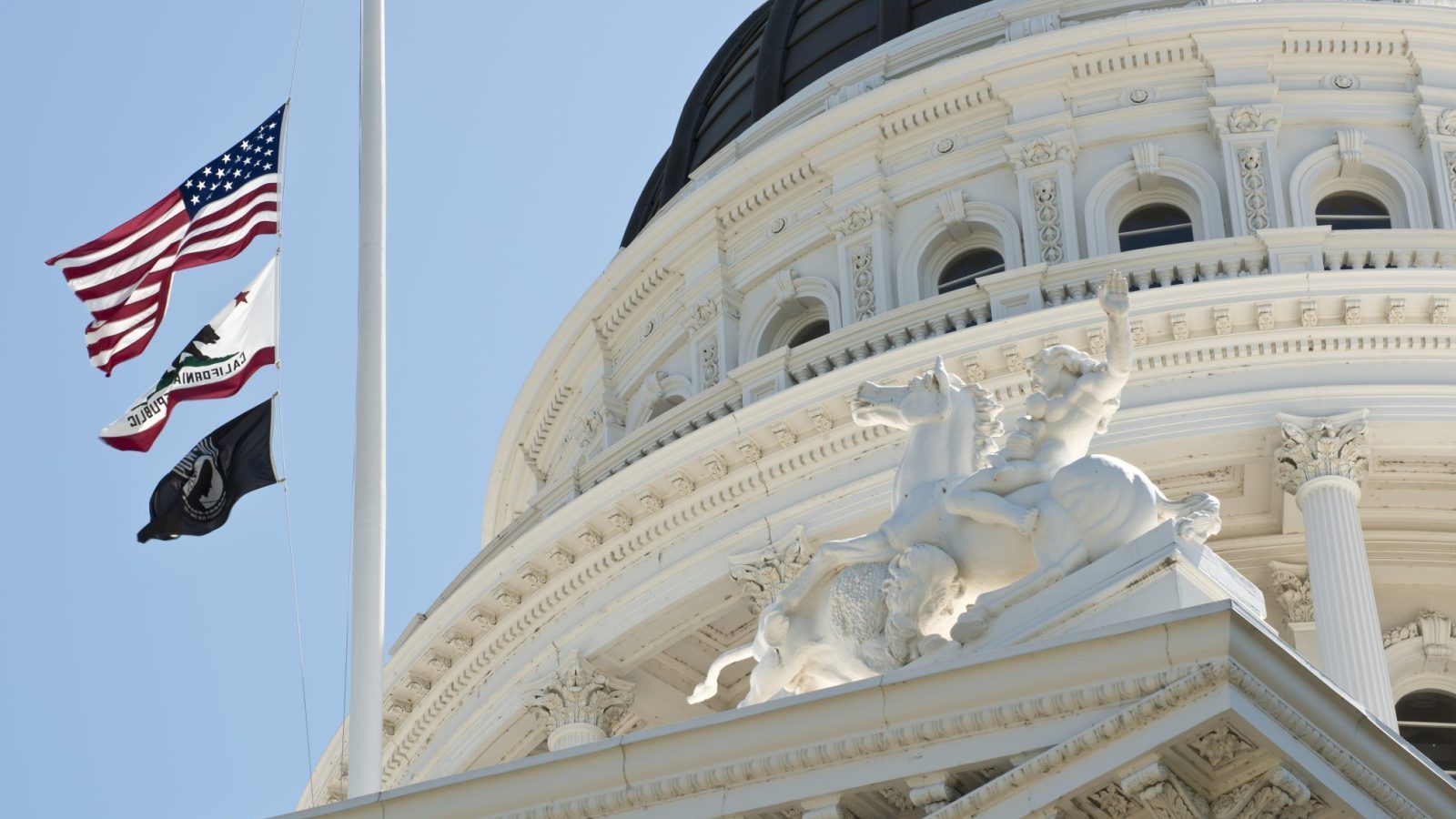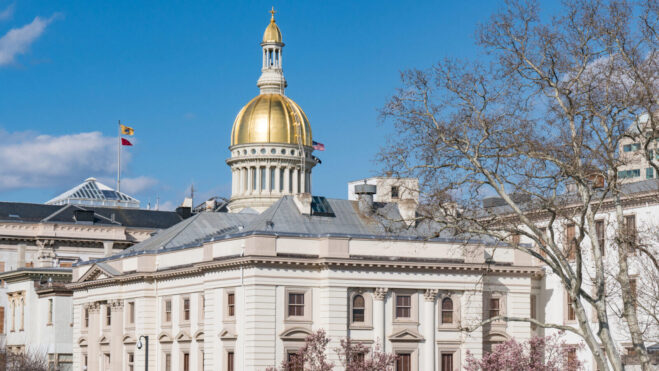California Senate Unanimously Passes Anti-Sweeps Bill
Late tribal opposition fizzles as Valencia’s bill makes return to the Assembly
2 min

California took a large step toward banning online sweepstakes gaming Monday night when the state Senate unanimously passed AB 831 by a 36-0 vote with four abstentions.
The bill now returns to the lower chamber for concurrence since Assemblyperson Antonio Valencia’s bill was a “gut-and-amend” of a previous bill filed. The anti-sweeps legislation navigated three Senate committees and moved back to second reading last week after Valencia added late amendments to AB 831 to protect non-gaming operators.
The legislative session ends Friday, so it is expected the Assembly will take up the bill in quick fashion. California Gov. Gavin Newsom has not offered any indication whether he would sign the bill into law or veto it.
“AB 831 is a fundamentally flawed proposal that serves the narrow interests of a few powerful groups while silencing the voices of millions of Californians who responsibly enjoy these games – and tribal nations who see the games as a lifeline to fund vital services,” said Jeff Duncan, Executive Director of the Social Gaming Leadership Alliance (SGLA), in a statement released Tuesday.
“This bill threatens legitimate businesses with criminal liability, strips economically disadvantaged tribes of a key development opportunity, and ignores the potential for smart regulation to generate hundreds of millions in new tax revenue for the state. We urge the Assembly members to reject this misguided legislation and stand for equity, innovation, and tribal self-determination.”
If passed, California would become the largest state in the country to sign anti-sweeps legislation into law. New Jersey Gov. Phil Murphy signed A5447 and S4282 into law last month, while a bill in New York is awaiting Gov. Kathy Hochul’s signature.
Too little, too late for tribal opponents?
The bill’s unanimous passage in the Senate came despite a late split emerging among California’s tribal gaming operators. Four tribes, the Kletsel Dehe Wintun Nation, the Sherwood Valley Rancheria of Pomo Indians, the Mechoopda Indian Tribe of Chico Rancheria, and Big Lagoon Rancheria, protested outside the statehouse Monday claiming Valencia’s legislature would limit economic opportunities for less wealthy tribes in the state.
“For communities long overlooked and geographically isolated, digital commerce is not a luxury — it is a lifeline,” said Eric Wright, tribal administrator of Kletsel Dehe Wintun Nation and CEO of Kletsel Economic Development Authority, the tribe’s economic development arm. “AB 831 would sever that lifeline. Tribal members gather at the State Capitol today to ask lawmakers to stand for tribal equity, sovereignty, and economic justice by voting NO on AB 831.”
The quartet also cited the lack of tribal unity for the bill as well as potential violations of sovereignty as reasons in opposing the legislation. The SGLA and Social & Promotional Games Association (SPGA) both had marshaled opposition to the bill.
Sweepstakes casinos generate substantial revenue in California. Potential future sweeps operator Publishers Clearing House submitted testimony to the Appropriations Committee last week claiming regulation of operators could generate up to $149 million in annual tax revenue for the state. The SGLA released a study conducted by Eilers & Krejcik at its request saying California will account for more than $2.4 billion of the $14.3 billion in sales by operators in 2025.
Whither the lawsuit
While AB 831 moves back to the Assembly, the lawsuit filed by the Los Angeles city attorney against online sweeps operator Stake.com and several vendors and suppliers continues to linger in the background.
City Attorney Hydee Feldstein Soto filed the civil enforcement lawsuit in California Superior Court on Aug. 28, alleging the defendants are “running and/or aiding and abetting the running of an illegal online gambling enterprise” and saying the American-based website Stake.us “has deceptively portrayed itself to regulators and consumers as offering harmless gameplay when, in fact, it was and is an illegal online casino.”






